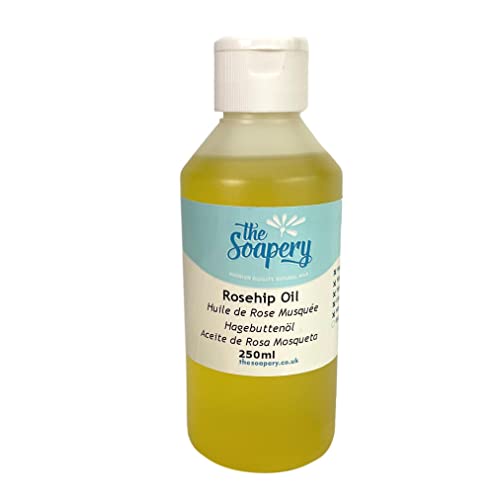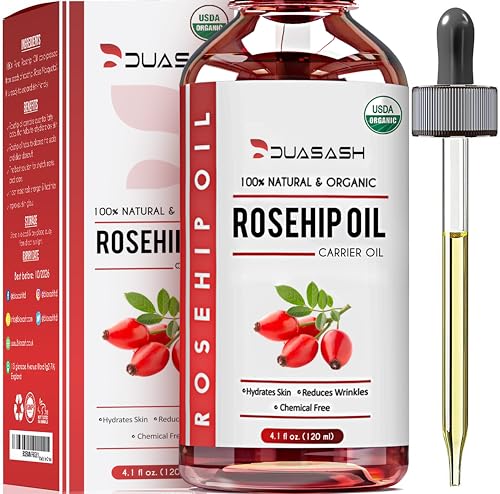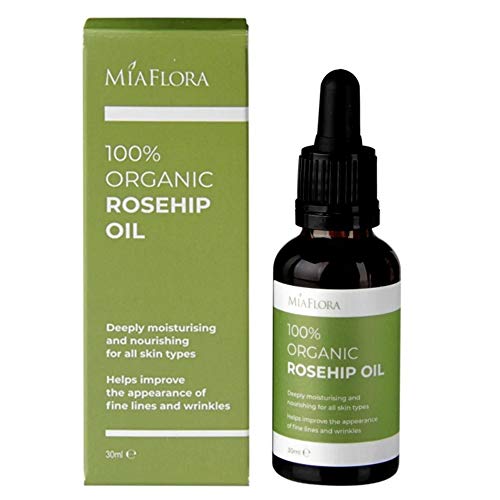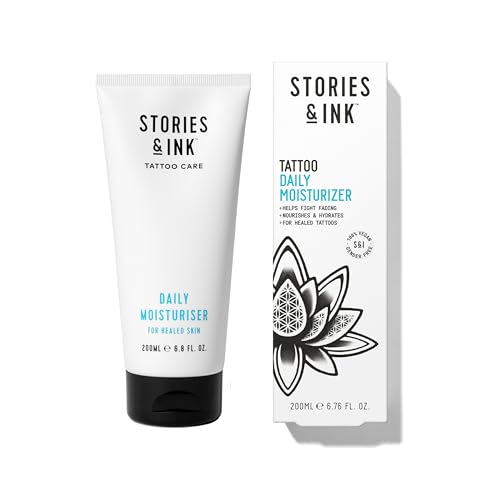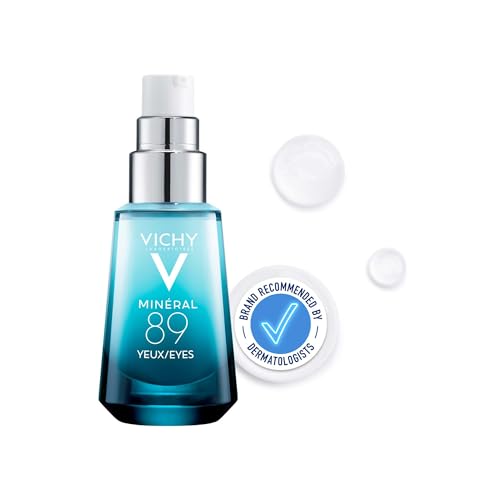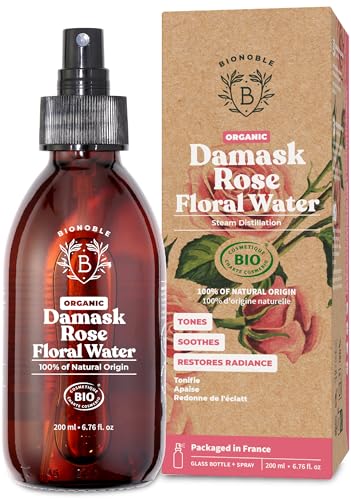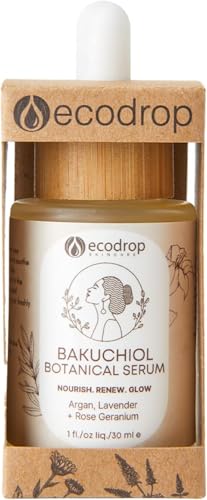What is Rosehip Oil and How Does It Work?
Understanding Rosehip Oil
Rosehip oil is derived from the seeds of the wild rose bush, specifically the Rosa canina, which grows primarily in Chile. The oil itself is a rich source of essential fatty acids, particularly omega-3 and omega-6, as well as high levels of vitamin A, C, and E. When applied to the skin, rosehip oil is believed to penetrate deeply and effectively nourish and hydrate the skin. The oil works by replenishing damaged skin cells and enhancing the skin’s barrier function, making it particularly effective for promoting skin regeneration.
How Rosehip Oil Works on Skin
The unique composition of rosehip oil allows it to work in several ways. The essential fatty acids help to maintain the skin’s moisture, keeping it soft and supple. Vitamin A, also known as retinol, plays a key role in skin renewal and can help improve the appearance of fine lines and skin texture. Vitamin C helps brighten the skin and reduce pigmentation, while vitamin E acts as an antioxidant, protecting the skin from environmental damage. Together, these components create a holistic approach to skin health, addressing various concerns from dryness to uneven tone.
Benefits of Using Rosehip Oil for Your Skin
Nourishment and Hydration
One of the primary benefits of rosehip oil is its ability to deeply nourish and hydrate the skin. The essential fatty acids in the oil help lock in moisture, making it an excellent choice for dry or dehydrated skin types. Regular use can result in a more plump and youthful appearance, as the skin becomes more resilient against environmental factors.
Anti-Aging Properties
Rosehip oil is often touted for its anti-aging benefits. The presence of vitamin A encourages skin regeneration, which can help reduce the appearance of fine lines and wrinkles. Additionally, the combination of vitamins A, C, and E works synergistically to improve elasticity and promote a more youthful glow. Users often notice a more even skin tone and improved texture with consistent application.
Scar and Acne Treatment
Another significant benefit of rosehip oil is its effectiveness in treating scars and acne. The oil contains compounds that promote healing and skin repair, making it suitable for fading scars from previous breakouts or injuries. Furthermore, rosehip oil is non-comedogenic, meaning it won’t clog pores, which makes it an ideal choice for those with acne-prone skin.
Soothing Properties
If you have sensitive or irritated skin, you’ll find that rosehip oil can help soothe and calm redness or inflammation. The oil’s anti-inflammatory properties can provide relief for conditions like rosacea or eczema, promoting a more balanced and comfortable skin appearance. It’s gentle enough for regular use and can be a wonderful addition to a skincare routine focused on calming the skin.
How to Choose the Right Rosehip Oil Product
Look for Pure and Cold-Pressed Oils
When selecting a rosehip oil, we recommend looking for products that are 100% pure and cold-pressed. Cold-pressing helps retain the oil’s beneficial properties by preventing degradation from heat during extraction. Pure oils should contain no additives or preservatives that could diminish their effectiveness.
Check for Quality and Sourcing
It’s essential to consider the sourcing of the oil as well. Opt for responsibly sourced rosehip oil, ideally from organic farms in regions known for high-quality production. Ensuring that the oil is harvested sustainably guarantees not just quality but also supports ethical practices.
Consider Packaging and Storage
Packaging also plays a significant role in maintaining the integrity of the oil. Look for products that are housed in dark glass bottles, as these protect the oil from light exposure that can cause oxidation. Check the expiry date too, as fresher oils will be more effective.
Tips for Incorporating Rosehip Oil into Your Skincare Routine
Use as a Serum or Moisturiser
Rosehip oil can be seamlessly integrated into your skincare routine by using it as either a serum or a moisturiser. After cleansing and toning your skin, a few drops can be applied directly to the face or mixed with your regular moisturiser for enhanced hydration.
Combine with Other Ingredients
To amplify its benefits, consider combining rosehip oil with other skincare ingredients. For instance, mixing it with hyaluronic acid can provide an extra boost of hydration, while pairing it with vitamin C can enhance its brightening effects. This layering method allows you to create a customised skincare regimen tailored to your specific skin needs.
Apply at Night for Best Results
For optimal results, using rosehip oil at night can be especially beneficial. During sleep, your skin undergoes repair and regeneration processes. Applying the oil before bed lets it work its magic overnight, resulting in a refreshed appearance by morning.
Frequently Asked Questions About Rosehip Oil
Is Rosehip Oil Suitable for All Skin Types?
Rosehip oil is generally suitable for all skin types, including sensitive and oily skin. Its lightweight texture ensures that it absorbs quickly without leaving a greasy residue, making it a versatile option for different skin concerns.
Can I Use Rosehip Oil with Other Skincare Products?
Yes, rosehip oil can be used alongside most skincare products. However, if you’re introducing it to your routine for the first time, it’s wise to test a small area of skin to ensure no adverse reactions occur, especially if you’re using other active ingredients.
How Often Should I Use Rosehip Oil?
For best results, we recommend using rosehip oil daily. Whether applied in the morning, evening, or both, consistent application will provide the most significant benefits and help improve overall skin health.





